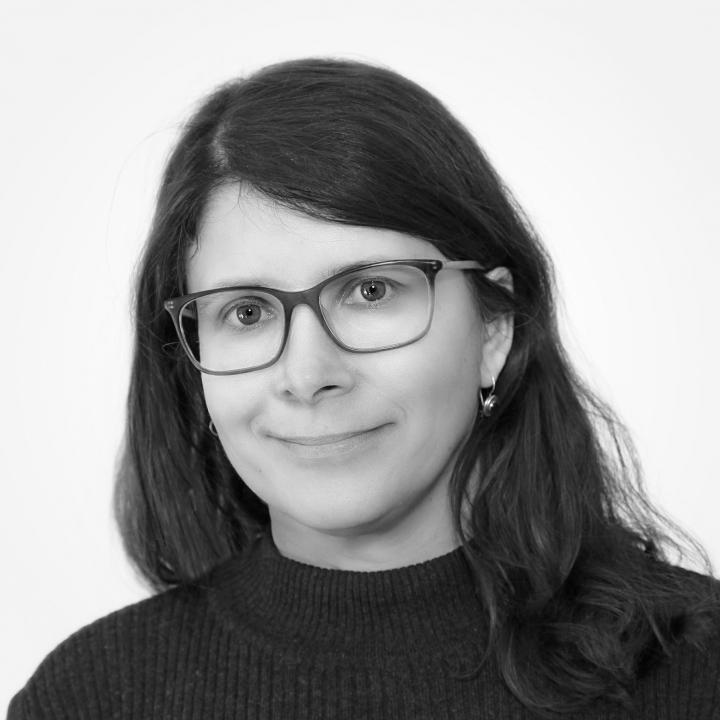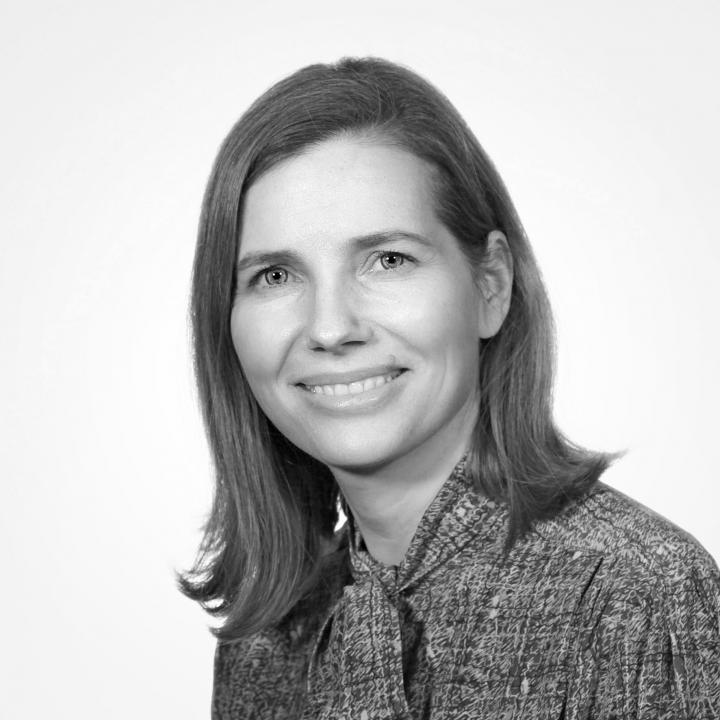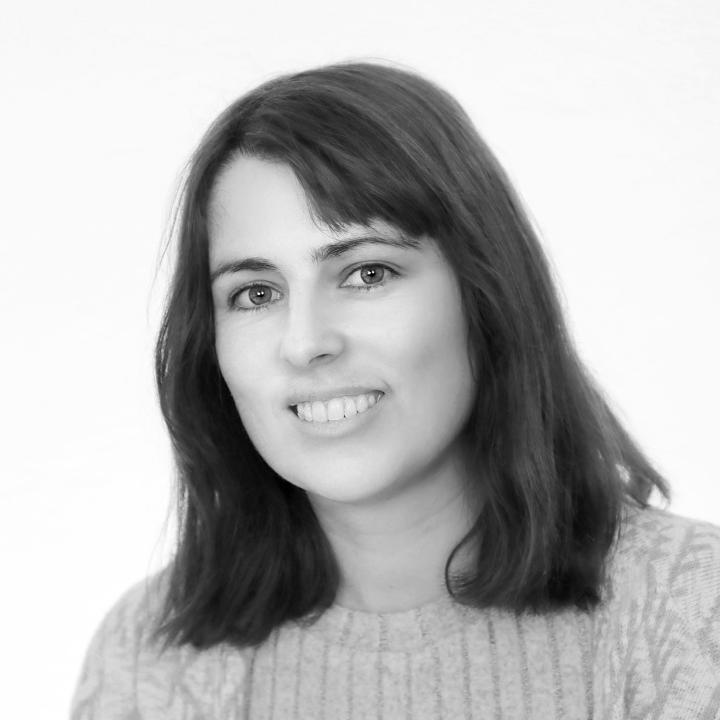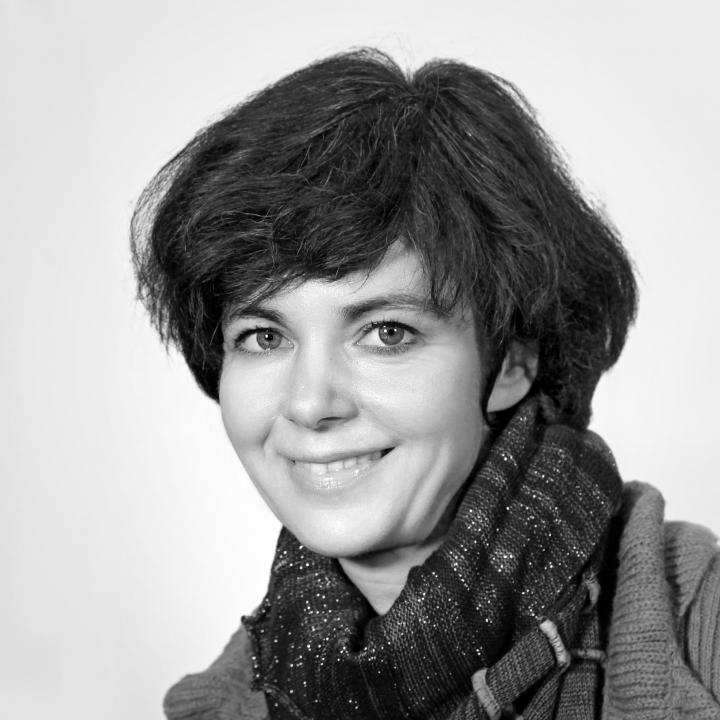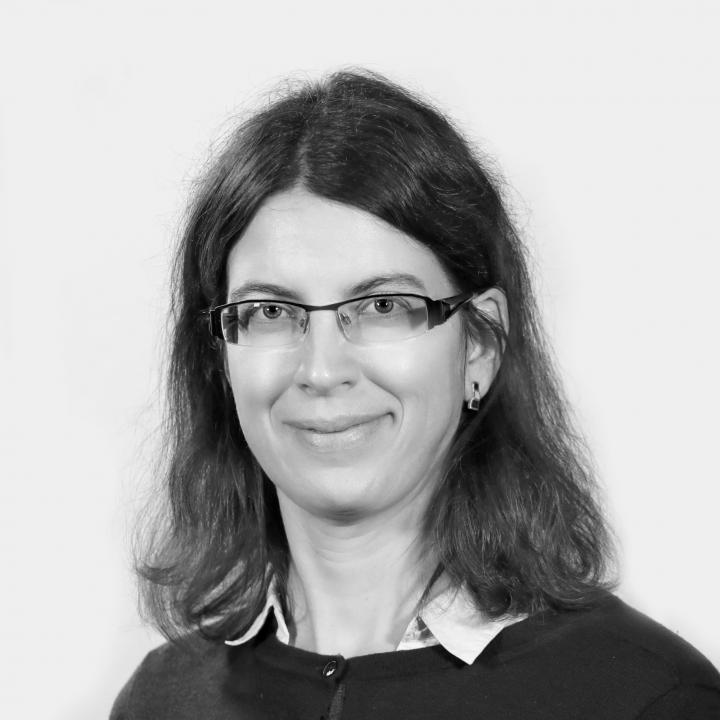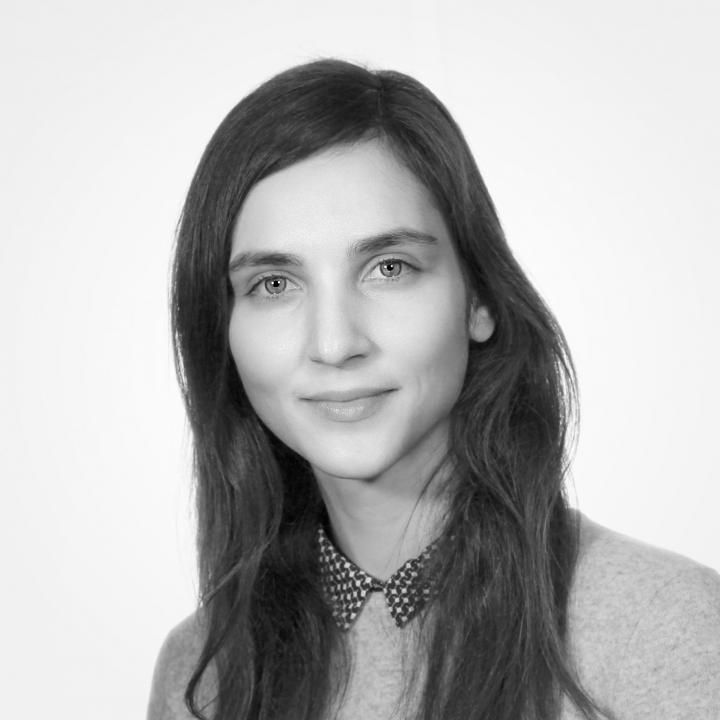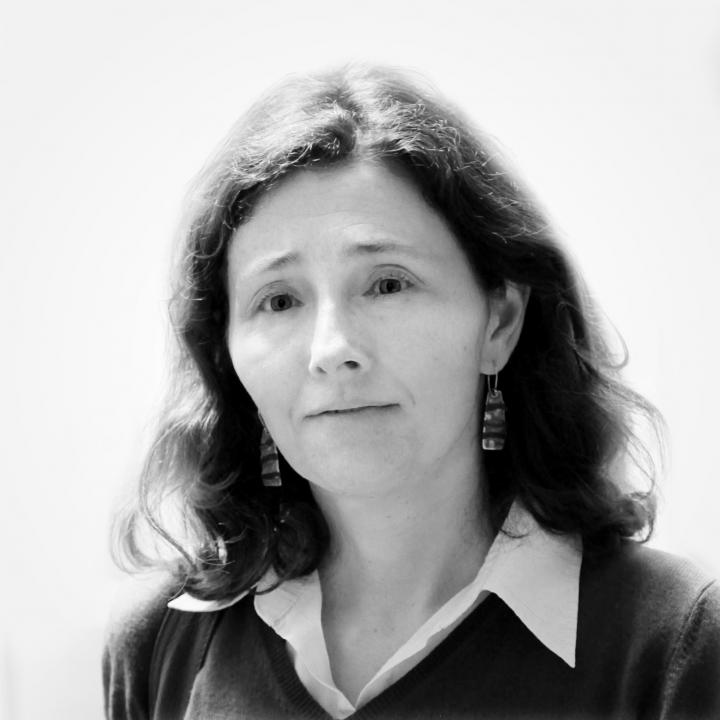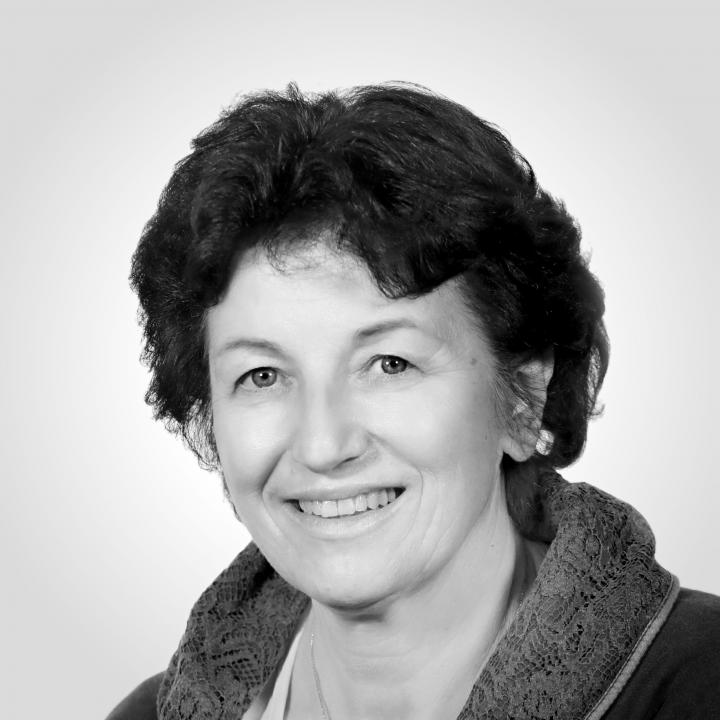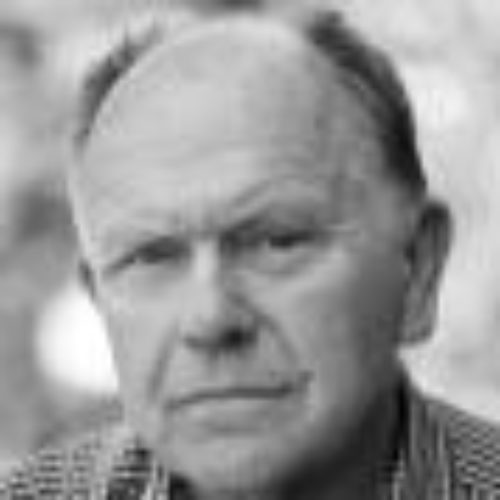About us
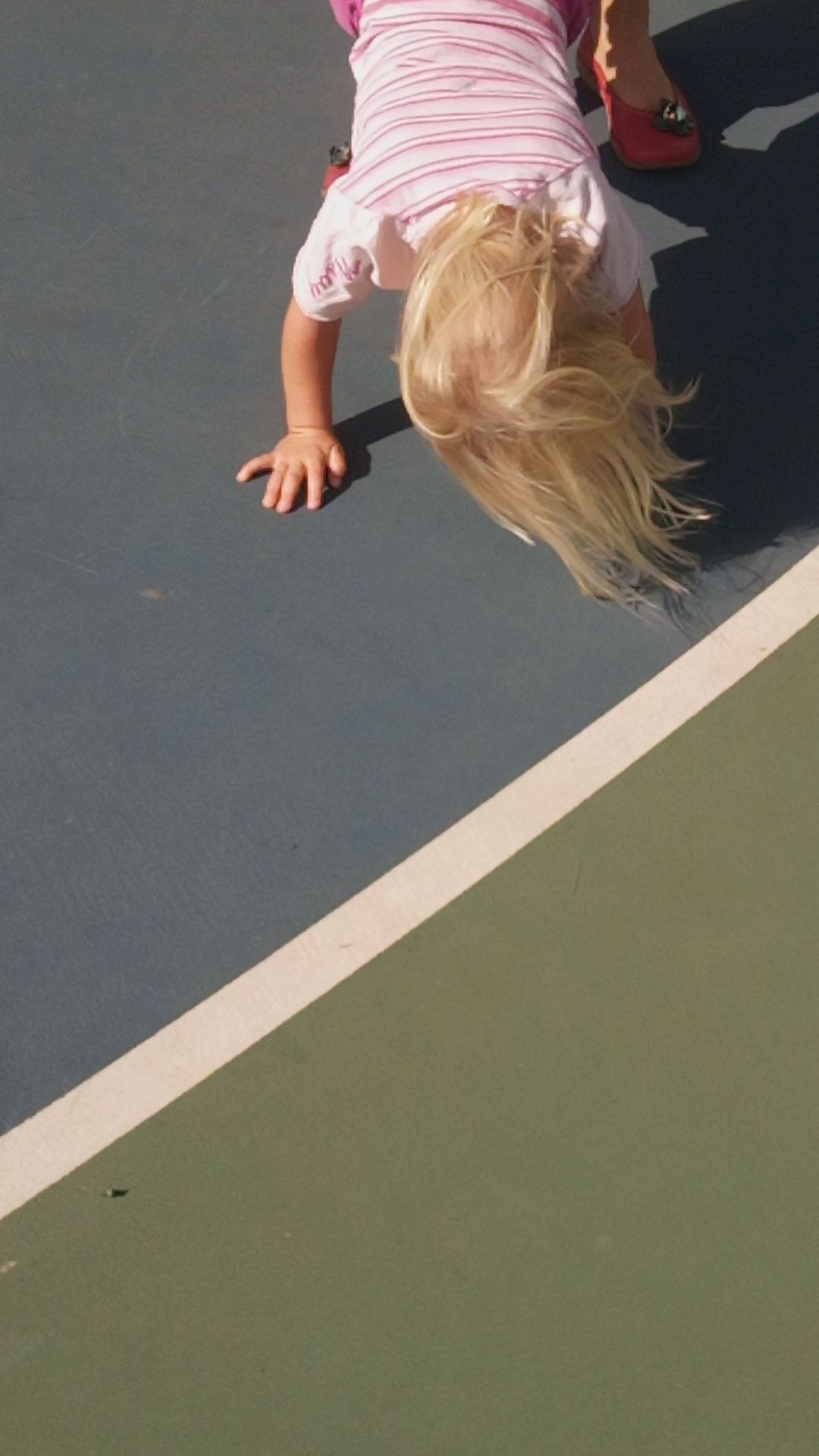
The Heriscope is the intersection of the Heritage on the Margins multidisciplinary research group, which offers a view of heritage beyond the obvious, around corners and over obstacles. It brings reflections and materials about heritage and heritage-making, that is to say, the processes and practices of selecting and evaluating the past to calibrate the present and future. The focus of observation is on heritage formation and the performative influence of heritage on the margins – in minority, remote, linguistic, migrant, occupational and otherwise marginalized settings, and we are interested in the circumstances and conditions that encourage and enable something to be recognized as heritage. In addition to observing such heritage as is recognised by authorized heritage institutions, we also aim to enquire into heritage diglossia and the possibilities of undisciplined heritage. In doing so, the view is not directed at the question of what heritage is, but rather, at what heritage does. This kind of dissemination of heritage processes has no objective, only direction – the drawing of maps and highlighting the extent of labyrinthine heritage.
Who are we?
Former collaborators
Our Projects
Grain of Salt, Crystallising Cohabitation. Salt-making as Experiental Environmental Wisdom (2023–2026)
Collaborators: Primož Pipan (project leader at ZRC SAZU)
The project is funded by Slovenian Research And Innovation Agency (ARIS).
More on the project
The project is funded by Slovenian Research And Innovation Agency (ARIS).
More on the project
PopMed-SusDev: Population Medicine and Sustainable Development: European Opportunities in collaborating with China to improving global health (2023–2026)
Collaborators: Martina Bofulin (project leader at ZRC SAZU), Špela Ledinek Lozej, Nataša Rogelja Caf
The project is funded by Horizon Europe MSCA Staff Exchange scheme.
The project is funded by Horizon Europe MSCA Staff Exchange scheme.
EPISCOPE OF BORDERSCAPES: Projections of the Gorizia Region’s pasts and futures as part of European Capital of Culture, Nova Gorica 2025 (2023–2025)
Collaborators: Špela Ledinek Lozej (project leader), Martina Bofulin, Marjeta Pisk, Nataša Rogelja Caf
The project is co-funded by the Slovenian Research Agency (ARRS) and GO! 2025 – European Capital of Culture, Nova Gorica
More on the project
The project is co-funded by the Slovenian Research Agency (ARRS) and GO! 2025 – European Capital of Culture, Nova Gorica
More on the project
Challenges of International Labour Mobility in a National Context. The case of Slovenia (2023–2026)
Collaborators: Martina Bofulin
The project is cofunded by the Slovenian Research And Innovation Agency (ARIS).
More on the project
The project is cofunded by the Slovenian Research And Innovation Agency (ARIS).
More on the project
Discourses and Practices of the In-Between in the Alpine-Adriatic Region: Klagenfurt, Ljubljana and Trieste 1815-1914. A Transnational, Interdisciplinary Co- Research Project (2023–2026)
Collaborators: Marjeta Pisk
The project is cofunded by the Slovenian Research And Innovation Agency (ARIS).
More on the project
The project is cofunded by the Slovenian Research And Innovation Agency (ARIS).
More on the project
Mobility poverty in the Republic of Slovenia (2022–2024)
Collaborators: Primož Pipan
The project is co-funded by the Slovenian Research Agency (ARRS), the Ministry of the Environment and Spatial Planning of the Republic of Slovenia and the Ministry of Infrastructure of the Republic of Slovenia.
More on the project
The project is co-funded by the Slovenian Research Agency (ARRS), the Ministry of the Environment and Spatial Planning of the Republic of Slovenia and the Ministry of Infrastructure of the Republic of Slovenia.
More on the project
TRANSTAT – Transitions to Sustainable Ski Tourism in the Alps of Tomorrow (2022–2025)
France Marolt: Digitization of his Legacy and Understanding of his Scholarly and Art Work (2022–2025)
Collaborators: Marjeta Pisk
The project is co-funded by the Slovenian Research Agency (ARRS) and The Slovenian Accademy of Siences and Arts (SAZU).
More on the project
The project is co-funded by the Slovenian Research Agency (ARRS) and The Slovenian Accademy of Siences and Arts (SAZU).
More on the project
Folklore revival in post-socialist countries: politics, memory, heritization and sustainability (2022–2025)
Collaborators: Marjeta Pisk
The project is funded by the Slovenian Research Agency (ARRS) and Czech Science Foundation (GAČR).
More on the project
The project is funded by the Slovenian Research Agency (ARRS) and Czech Science Foundation (GAČR).
More on the project
Chinese migrants in Southeast Europe: inclusion and exclusion at the beginning of the 21. century (2022–2024)
Collaborators: Martina Bofulin
The project is funded by the Slovenian Research Agency (ARRS).
More on the project
The project is funded by the Slovenian Research Agency (ARRS).
More on the project
Copyright
Chief editor, technical editor: Janoš Ježovnik (2020–2022), Tjaša Jakop (2022–)
Editors: Martina Bofulin, Marjeta Pisk, Nataša Rogelja Caf
News editor: Špela Ledinek Lozej
Editorial Board: Martina Bofulin, Tjaša Jakop (2022–), Janoš Ježovnik (2020–2022), Špela Ledinek Lozej, Primož Pipan, Marjeta Pisk, Ana Reberc, Nataša Rogelja Caf, Maja Topole
Concept and design: Jaka Šuln, Nataša Rogelja Caf
Technical implementation: Arda Beyazoğlu, Janoš Ježovnik
Proofreading: Tamir Samuel Azaz, Brina Devetak, Tjaša Jakop, Janoš Ježovnik, Paula Kirby, Marjeta Pisk
Translation: Tamir Samuel Azaz, Martina Bofulin, Gregor Bulc, Tjaša Jakop, Janoš Ježovnik, Špela Ledinek Lozej, Primož Pipan, Marjeta Pisk, Nataša Rogelja Caf, Maja Topole
ISSN: 2738-4136
Copyright Statement
All content published on https://dediscina.zrc-sazu.si website is protected under the Creative Commons Attribution-NonCommercial-NoDerivatives License (CC BY-NC-ND 4.0), which means that reproduction and distribution is only allowed if content is properly acknowledged (citation). Any other processing, rental, or publication of published work for commercial purposes is prohibited.
Users may access the content at https://dediscina.zrc-sazu.si for their own personal use without infringing on the copyrights defined in the aforementioned CC BY-NC-ND 4.0 license. Authors are not responsible for any harmful consequences of use.
